From "mass entrepreneurship and innovation" to "new quality productivity," the concepts surrounding technological innovation have continuously evolved, yet the nation's determination to promote a "manufacturing powerhouse" and "technology powerhouse" has remained unchanged. According to data from the National Bureau of Statistics, by the end of 2023, the country's high-tech manufacturing enterprises above designated size had reached 53,000, achieving annual revenues of 22.46 trillion yuan, representing respective increases of 57.4% and 43.1% compared with five years ago. Last year, these companies invested over 2 trillion yuan in research and development, showing an increase of 8.3% compared with the previous year. By accelerating the pace of technological innovation, some high-tech startups have made breakthroughs from zero to one, gaining footholds in highly competitive markets, while others have captured opportunities and achieved explosive growth, selling products worldwide. However, many high-tech businesses have encountered "growing pains" during their expansion.
From "mass entrepreneurship and innovation" to "new quality productivity," the concepts surrounding technological innovation have continuously evolved, yet the nation's determination to promote a "manufacturing powerhouse" and "technology powerhouse" has remained unchanged.
According to data from the National Bureau of Statistics, by the end of 2023, the number of nationally designated high-tech manufacturing enterprises had reached 53,000, achieving annual revenues of 22.46 trillion yuan, representing respective increases of 57.4% and 43.1% compared to five years ago. Last year, these enterprises invested over 2 trillion yuan into R&D, representing an 8.3% increase from the previous year.
By accelerating technological innovation, some high-tech startups have achieved the breakthrough from zero to one, securing a position in the fiercely competitive market, while others have seized opportunities to experience explosive growth, selling their products worldwide. However, many high-tech companies have encountered "growing pains" as they expanded.

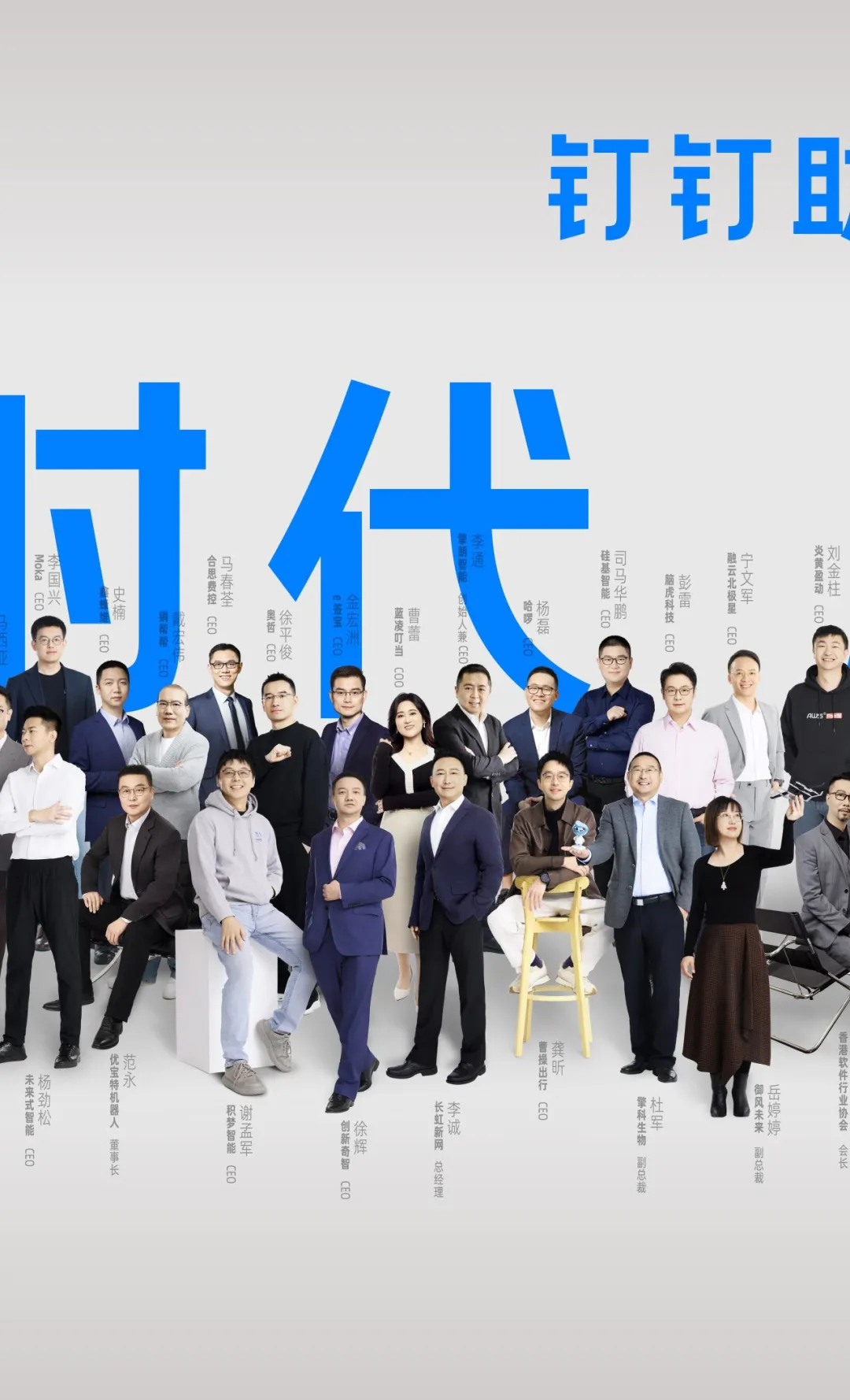
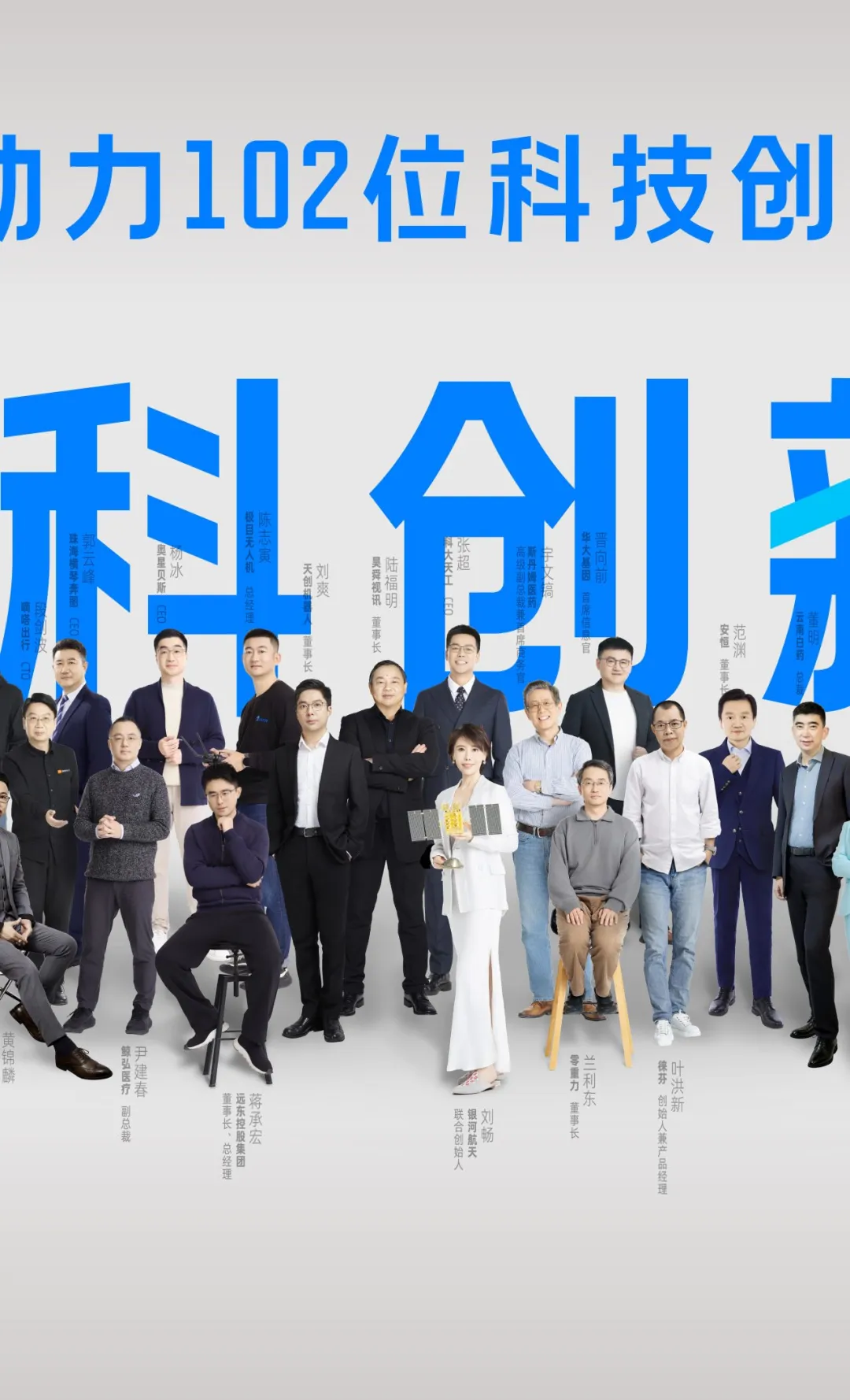
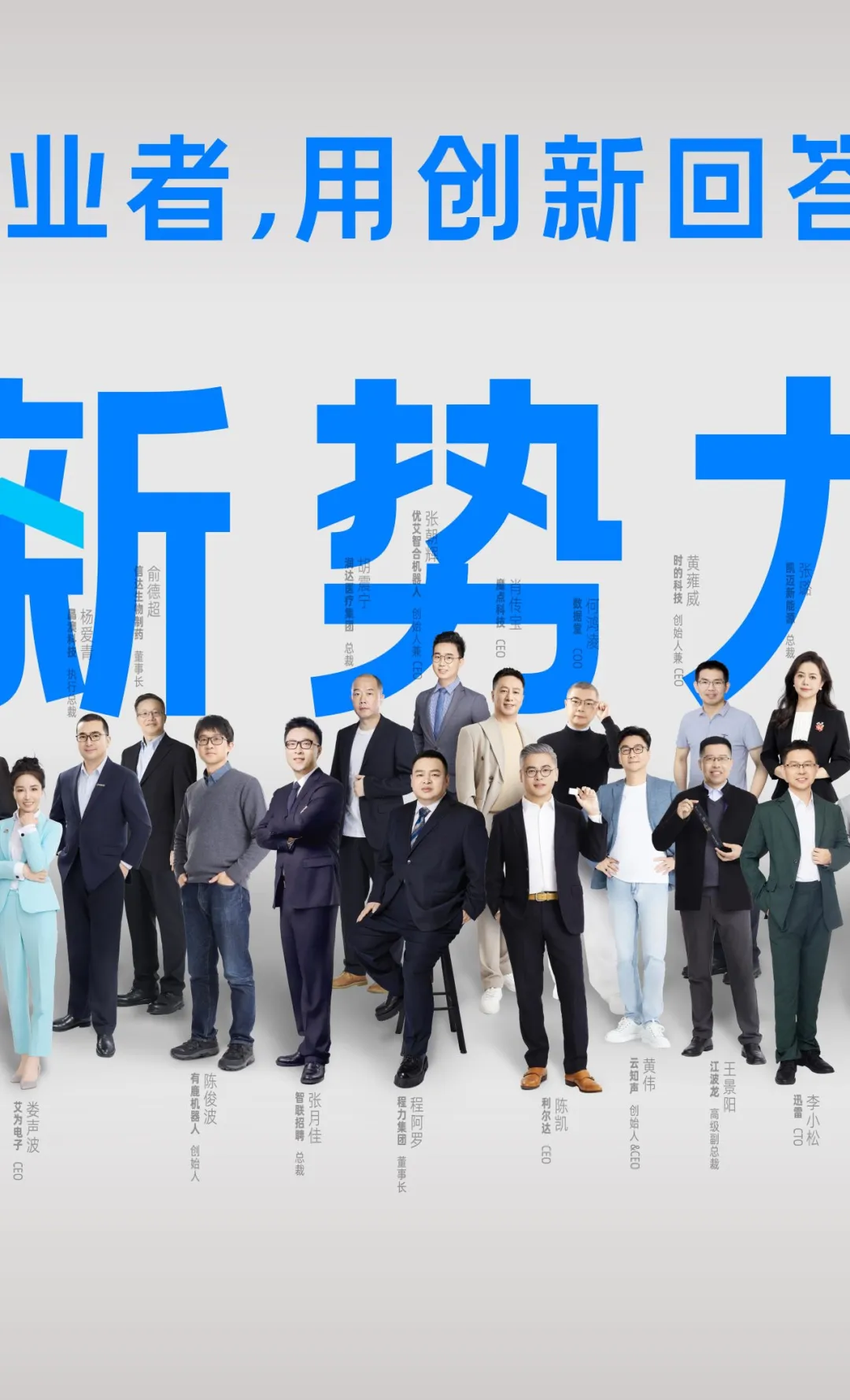
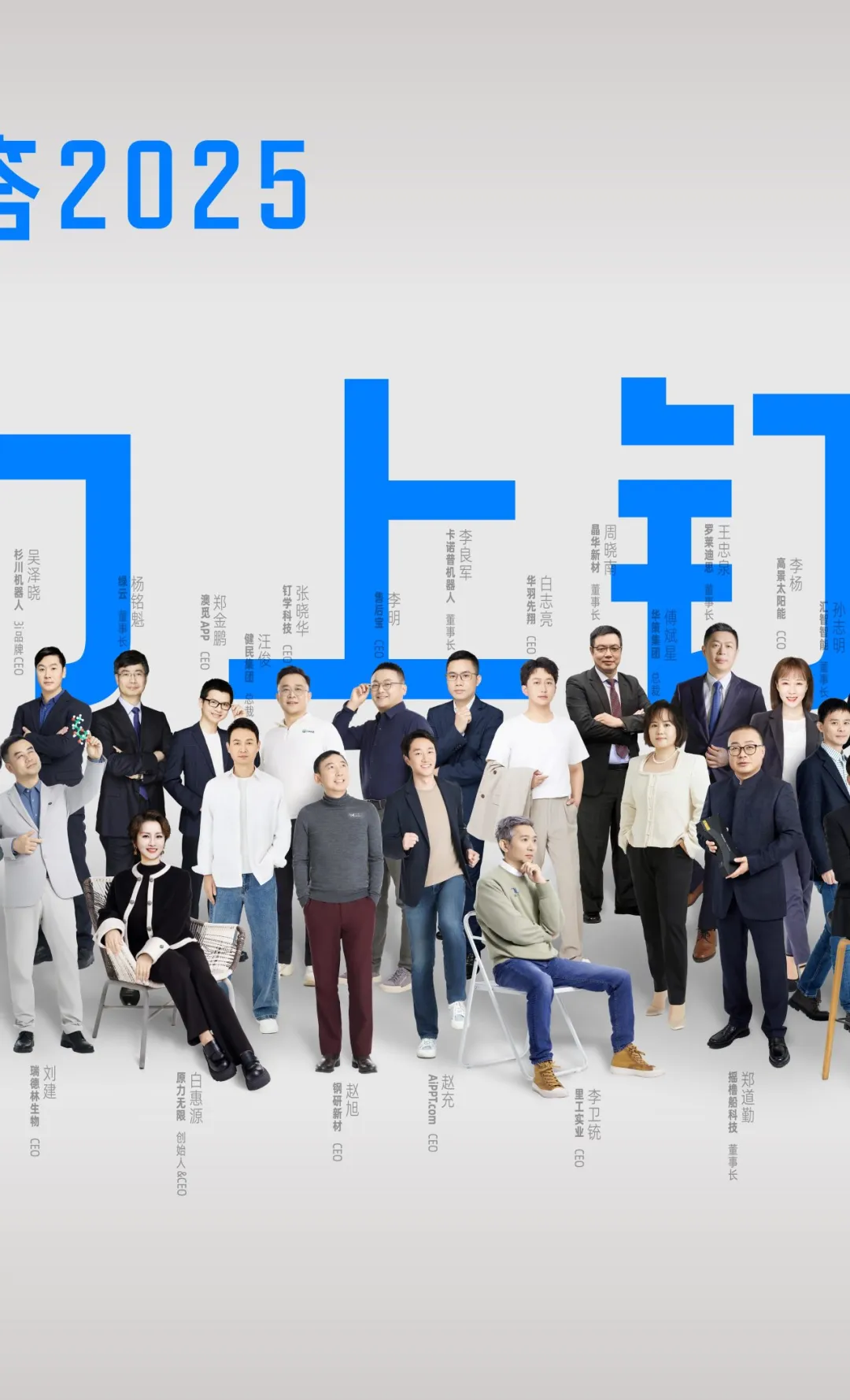
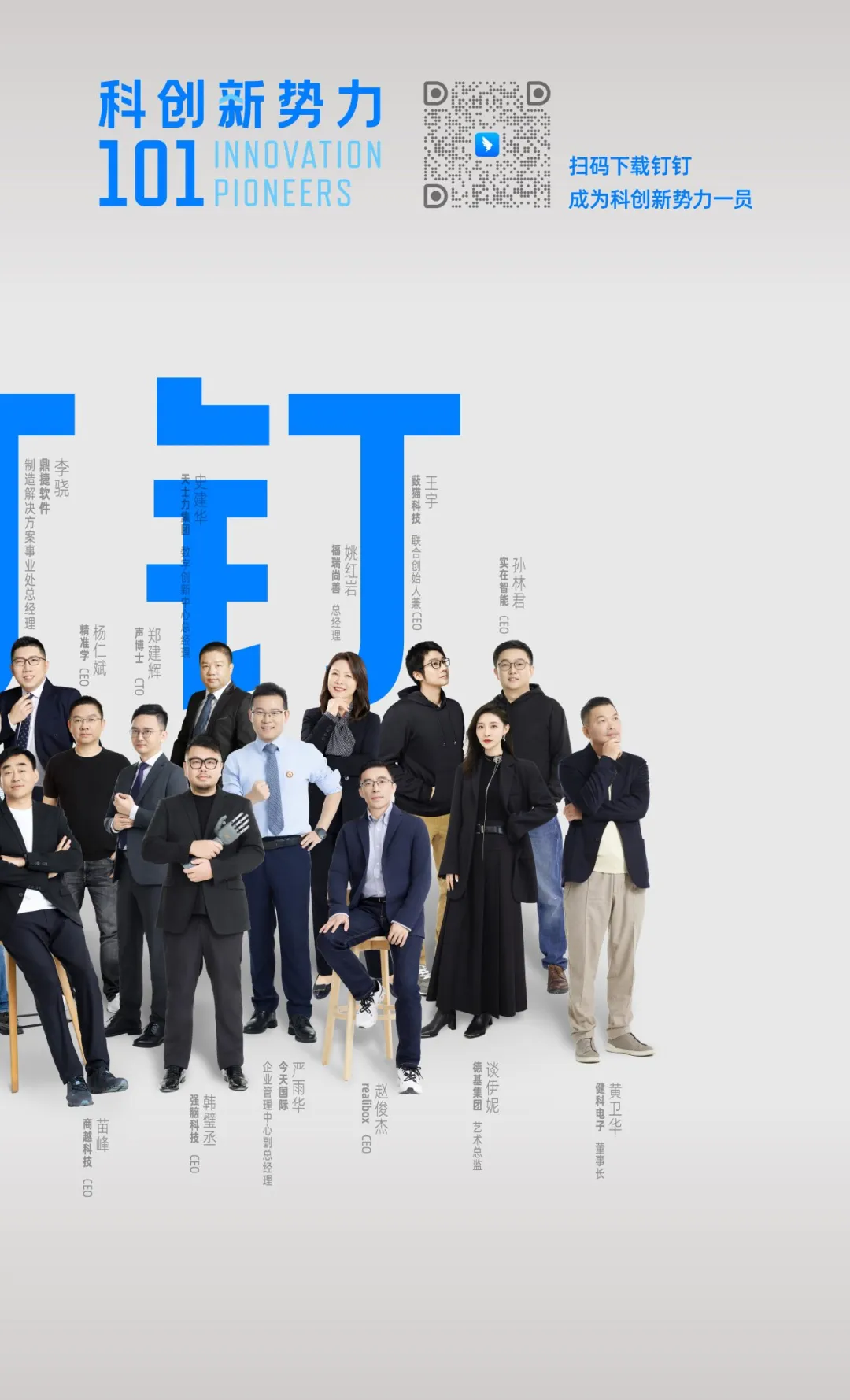
Invisible Costs
"Growing pains" are often hard to quantify and difficult to reflect in financial reports, yet they significantly drag down operational efficiency, such as delayed communication, information blockages, and unreasonable process setups, easily causing bloated structures, resource wastage, and decision-making errors.
Departments like human resources, sales management, quality and operations, and finance don't see immediate efficiency gains through machinery upgrades like manufacturing processes; this issue is known as "Baumol's disease" (proposed by American economist William Baumol in 1967).
"In fact, many times as the company grows, processes and organization become increasingly complex, requiring more people to coordinate and align various departments, ultimately increasing operational costs, reducing market responsiveness, and gradually eroding competitiveness."
In times of rapid economic growth, many businesses often choose to ignore these hidden costs, attempting to mask inefficiencies with growth. However, as competition in many industries shifts from growth strategies to battles for market share, the 'elephant in the room' can no longer hide, forcing more technology companies to confront and resolve "Baumol’s disease."
Before the mobile internet era, enterprises had limited technological leverage and primarily relied on vertical applications like OA, CRM, and MES systems. However, with the emergence and maturity of new technologies such as 5G, cloud computing, and AI, the entire manufacturing industry has entered the era of digital intelligence. More and more enterprises are beginning to seek solutions through digital transformation.
China has 133 "Fortune 500" companies, 52 million small and micro enterprises, and a total of 14,600 specialized, sophisticated, unique and innovative (SMEs), belonging to different industries, and differing in size, they each face a variety of pain points in digital transformation.
Choosing digital tools has become a vital task for science and technology innovation enterprises. For example, 80% of the Chinese "Fortune 500" and 70% of the specialized, sophisticated, unique and innovative enterprises are customers of DingTalk. Recently, DingTalk gathered 102 high-tech new forces for a collective unveiling, proving the increasing emphasis science and tech innovation enterprises place on digital transformation.
For emerging high-tech companies, promoting digital transformation is not only about brand image but also efficiency and affects the present and the future.
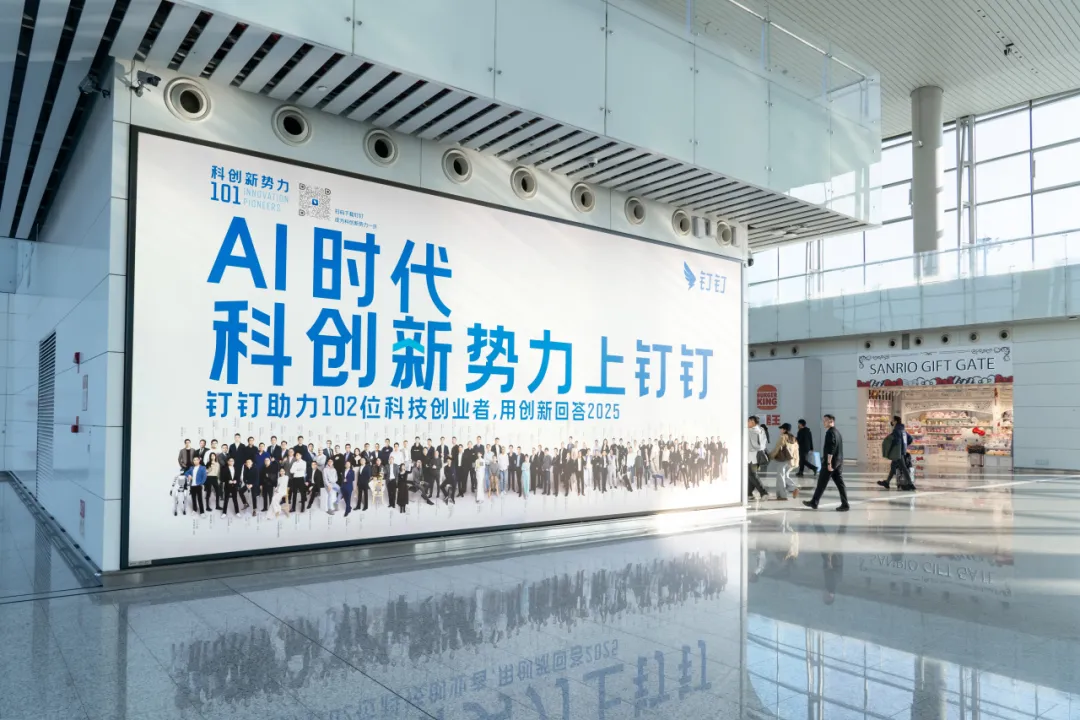
Visible Results
Due to its comprehensive impact, digital transformation in any enterprise should be considered a "top-priority project," but this does not mean that the enterprise must do everything by itself or that all software must be self-developed. In this matter, Shan Chuan, a company originally specializing in robotic vacuum cleaners, has gone through some detours.
Shan Chuan's IT Department Manager, Chen Jun, admitted that they initially wanted to enhance company informatization through self-development and promote digital transformation, but after a certain period, they found the cost-to-benefit ratio unsatisfactory. Core data still remained in documents such as Word and Excel, meaning the data was not fully utilized, and critical systems like MES for production management weren't established timely.
Therefore, the company decided to purchase some mature software from the outside, but they discovered after a period of mixed use, while communication efficiency improved compared to before, issues of information leakage emerged.
As a new science- and tech-driven enterprise holding over 1,000 technical patents, Shan Chuan has extremely high requirements for intellectual property protection and information confidentiality.
For them, enhancing communication efficiency while securing information is not a choice between the two but a must-have necessity. After conducting comparisons and research, Chen Jun finally chose DingTalk for the company, but what ultimately prompted his decision went beyond just information security.
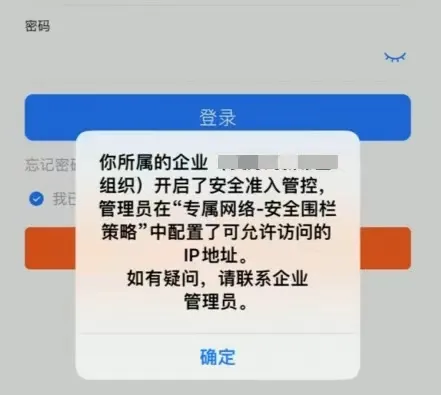
"Whether it's online meeting scheduling or offline meeting screen casting, DingTalk provides a closed-loop experience, eliminating a fragmented feel. If certain software modules need to be purchased in the future, it's possible to selectively purchase them like LEGO blocks, also offering higher cost-effectiveness."
Over a year after using DingTalk, Shan Chuan has not experienced any further information leaks. Specifically, based on DingTalk dedicated information security capabilities, Shan Chuan has incorporated personal files, online documents, and internal communications into its control system. For example, company documents can't be opened once taken outside, ensuring information security.
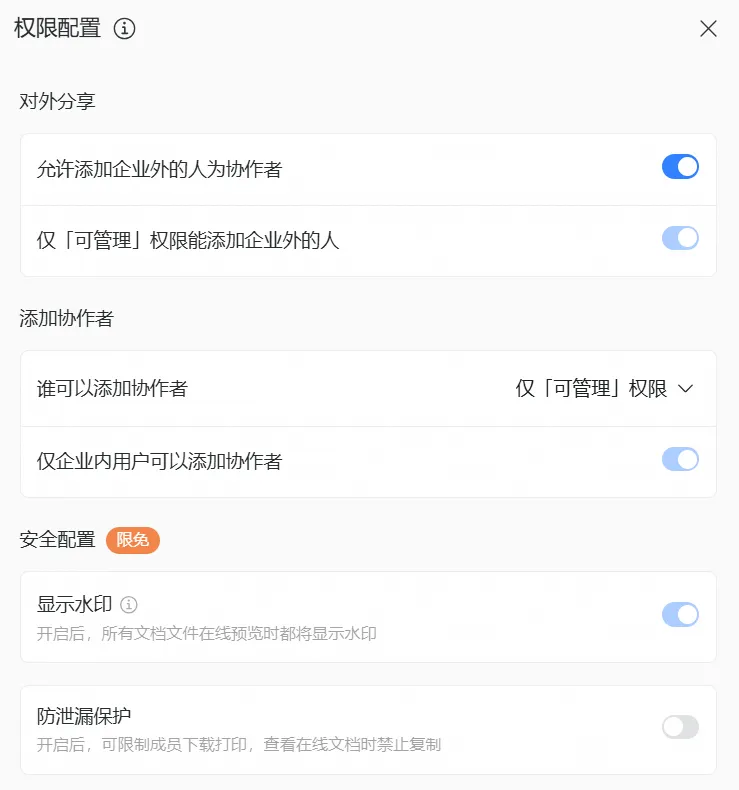
In 2022, after 6 years of founding, Shan Chuan was designated by the Ministry of Industry and Information Technology as a "little giant" in specialized, sophisticated, unique, and innovative enterprises. Many people may not have heard of its name, but it is actually present in numerous Chinese households.
This year, Shan Chuan has successfully reached the top, becoming a leading domestic producer of robotic vacuum cleaner products. Its clients include Xiaomi, Haier, Dyson, among others, with this year's robotic vacuum cleaner output surpassing 6 million units. In the global high-end robotic vacuum cleaner market, out of every 10 units sold, 3 come from Shan Chuan.
In just eight years, Shan Chuan has over 600 R&D personnel, over 4,000 production staff on its production lines, and has shipped over 10 million units globally, covering more than thirty countries and regions, establishing itself as an "invisible champion."
However, rapid business growth also exposed Shan Chuan's "Baumol's disease," especially in terms of low communication and collaboration efficiency.
Due to its global clients and increasingly international team structure, cross-cultural communication efficiency has become a major challenge for Shan Chuan. Furthermore, the Shan Chuan Group and its subsidiaries belong to different management structures, making information sharing and locating personnel difficult. Coordination often requires tools such as WeChat and phone calls, affecting information communication security and collaborative efficiency.
In this regard, DingTalk provided crucial assistance to Shan Chuan.
After using DingTalk's "upstream and downstream organizations" capabilities, the structures of the two subsidiary companies were directly integrated into the headquarters' contact directory, making personnel easily identifiable. Finding people across organizations became no longer difficult; when employees from the group needed to communicate with the subsidiaries, they could directly create an upstream or downstream DingTalk group or initiate a DingTalk meeting, which was simple and efficient, with chat interfaces having watermarks and confidential labels on group files, and automatic exit upon resignation, making business progress more secure.
"Our company's email is also integrated into DingTalk. After overseas clients send us English emails, DingTalk can help with timely translations, making it convenient for us to reply to emails," said Lin Yi, sales director of the self-owned brand 3i under Shan Chuan.
Additionally, with the "cloud and apps integration" architecture, the use of DingTalk Docs enables all relevant users to directly edit documents, facilitating the aggregation of information from different teams. Whether scheduling product R&D or compiling competitor information, the process has become more convenient and efficient.

Transformation Assistant
In the historical process of upgrading from "Made in China" to "Created in China," numerous Chinese enterprises that started in contract manufacturing are launching their own brands, moving from behind-the-scenes to the forefront. Shan Chuan is one such example.
In 2022, Shan Chuan decided to step out of its comfort zone and launched the premium brand 3i. However, after making this move, it was realized that the mindset used in contract manufacturing couldn't support branding, and transitioning from B2B to B2C presented higher challenges for the enterprise's digital maturity and overall operational efficiency.
Under the original equipment manufacturing model, contract manufacturing enterprises are often obscure and don't frequently appear in the market. Launching the 3i brand means the enterprise must face end consumers directly and start building the brand from scratch. They need to establish their own presence in offline commercial areas and e-commerce platforms, gradually forming a complete sales system, wherein management of "people, finance, and resources" has become exponentially more difficult than before.
When customers change, organizational structure, business thinking, and operational processes must also change accordingly. Without the timely adjustment of architecture and process using digital tools, many problems will inevitably arise during the transformation process.
At the beginning of his tenure as the director of sales for the 3i brand, Lin Yi found many inefficient aspects of daily tasks.
For example, many frontline colleagues spent a significant amount of time each day consolidating sales data, and the entire process was quite cumbersome. Every time e-commerce platforms launched promotional activities, customer service personnel of Shan Chuan needed to manually register and verify certain data, which not only affected the company's operational efficiency but was also detrimental to employees' sense of professional accomplishment.
However, after using DingTalk for more than a year, these inefficiencies no longer exist, with hidden costs including internal communication and information synchronization significantly reduced.
According to Lin Yi, data that previously required an hour to compile can now be exported with just a click on DingTalk, allowing sales management personnel more time and energy to improve store operation efficiency. Employees in different cities can all edit the same spreadsheet on DingTalk, rather than having to individually call each person before registering, as was done before.
Thanks to the support of DingTalk, internal data barriers in Shan Chuan have been gradually broken down, operational efficiency in frontline stores has been improved, and individual creativity has been fully respected and utilized, making the path of transformation smoother.
In serving various industries, DingTalk has evolved from a simple office software to a productivity tool in the digital intelligence era. High-tech companies like Shan Chuan have solved numerous detailed but specific pain points in daily operations and business transformation through the assistance of DingTalk, thus forming an alliance relationship.
Conclusion
In the past, many businesses easily equated digital transformation with constructing internal IT infrastructure, and lacking funds, technology, and perseverance, many companies often expressed sentiments of "unwilling to transform," "afraid to transform," and "not knowing how to transform."
However, with the advent of the digital intelligence era and the appearance of tools such as DingTalk in the market, an increasing number of technology manufacturing companies have gradually come to understand the essence of digital transformation. Their attitudes towards digitization have transformed from "hesitant and uncertain of investment" to "willing and prepared to invest."
According to Accenture's 2024 China Enterprise Digital Transformation Index report, 59% of Chinese enterprises plan to increase their investment in digital transformation, up 6 percentage points compared to 2023.
If industrial economics used oil as its production resource, then data has become the most important asset in the digital era. How to fully mine this digital gold mine requires not only the resolve and perseverance of enterprises but also technical support, such as that provided by DingTalk. This is why an increasing number of science and innovation companies are partnering with DingTalk.
Foreseeably, digital tools represented by DingTalk can not only help more emerging science and technology forces resolve their "growing pains" and alleviate "Baumol’s disease," but can also accompany more emerging science and technology forces through the next step of advancing China’s technological innovation.

DomTech is the official designated service provider of DingTalk in Hong Kong, offering extensive customers with DingTalk services. If you are interested in learning more about the DingTalk platform applications, please feel free to consult our online customer service. We have an excellent development and operation team with rich market experience, capable of providing professional DingTalk solutions and services for you!

 English
English
 اللغة العربية
اللغة العربية  Bahasa Indonesia
Bahasa Indonesia  日本語
日本語  Bahasa Melayu
Bahasa Melayu  ภาษาไทย
ภาษาไทย  Tiếng Việt
Tiếng Việt  简体中文
简体中文